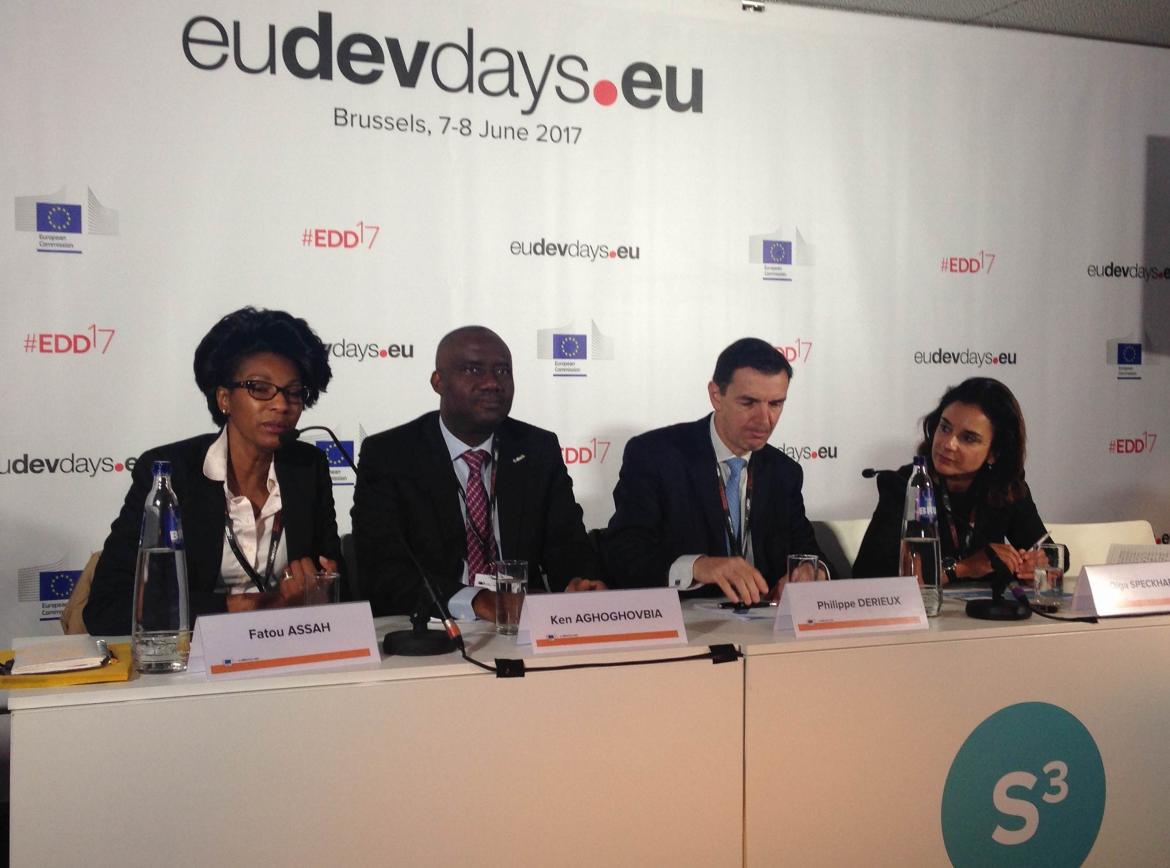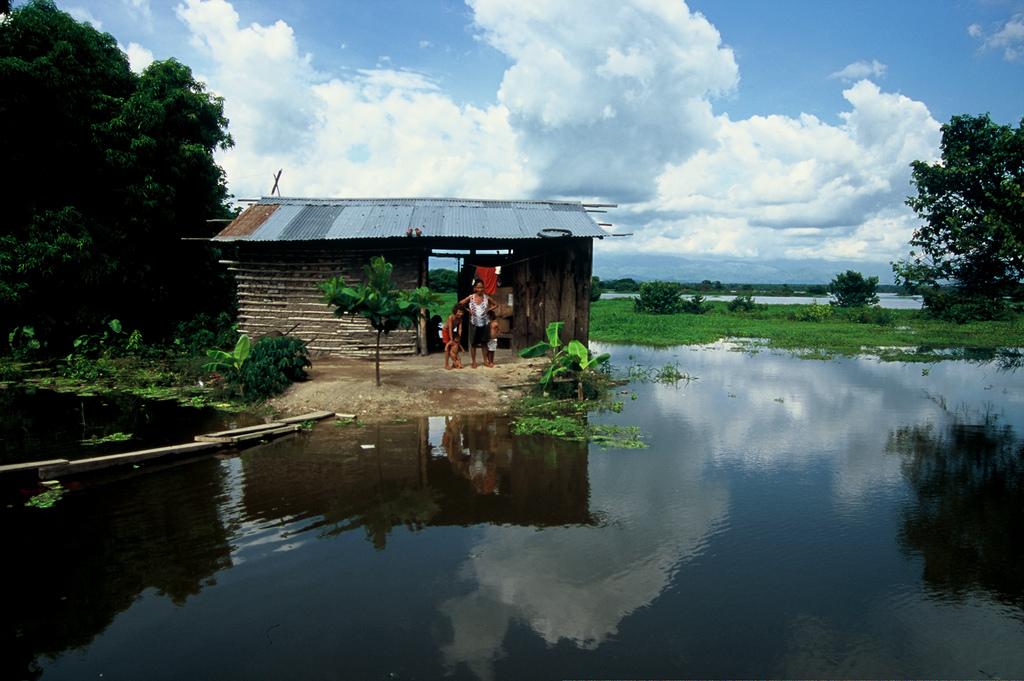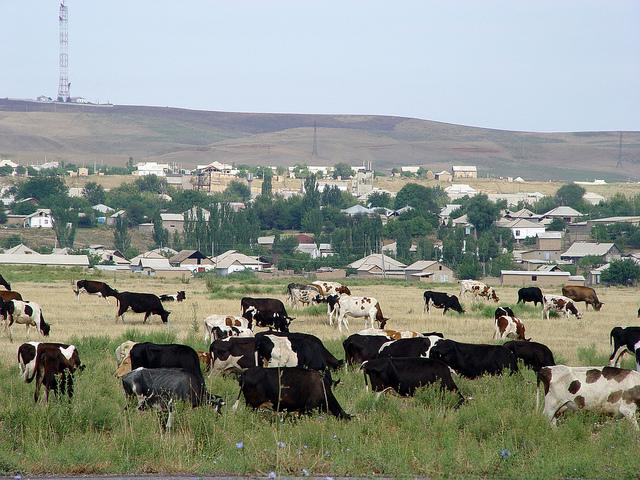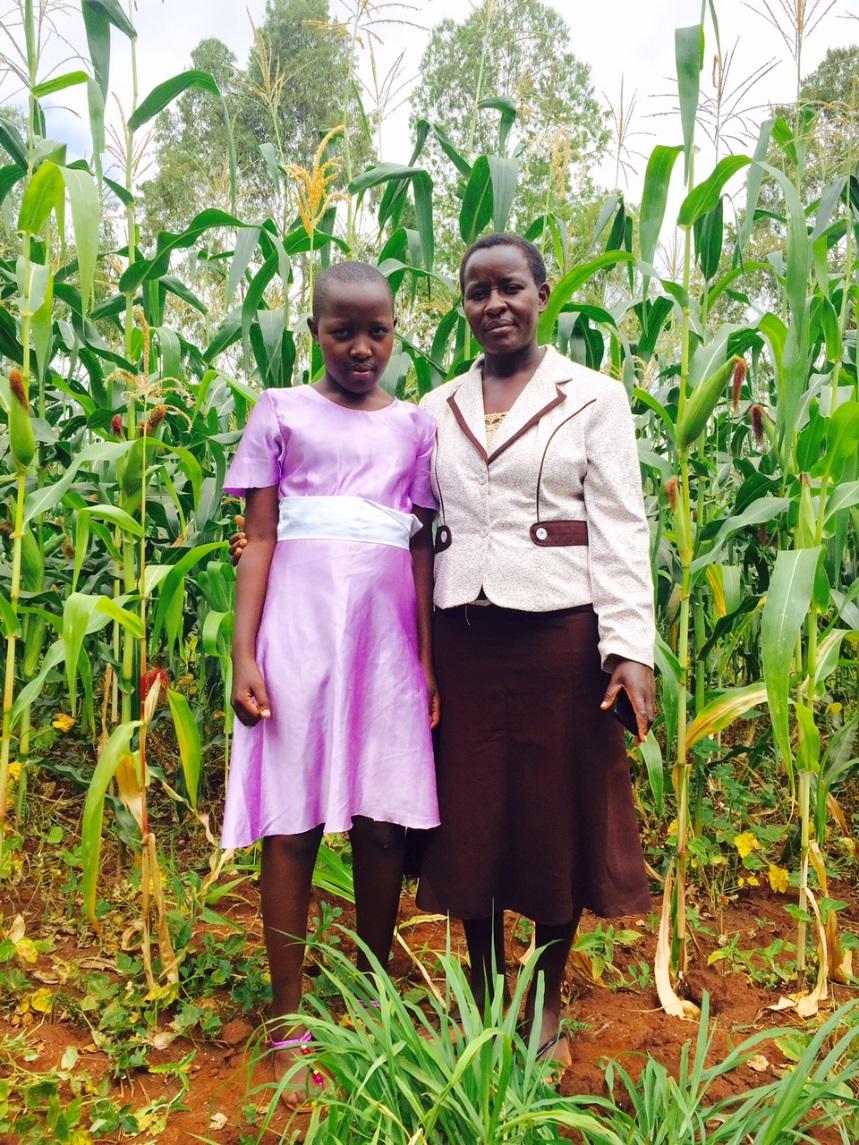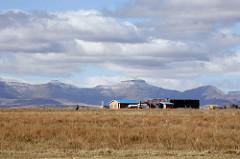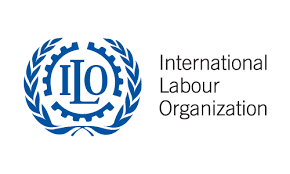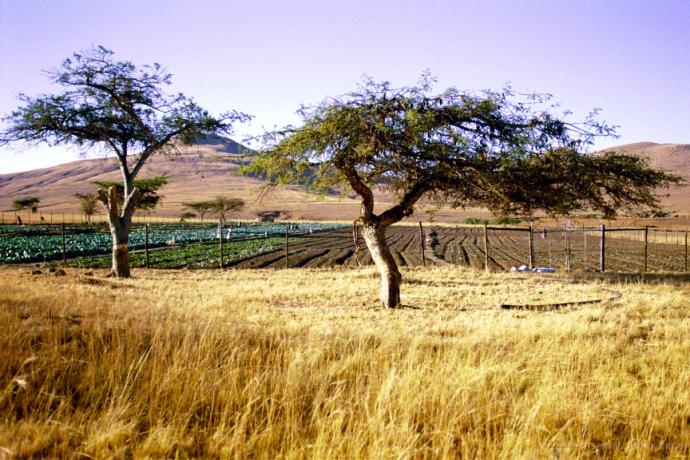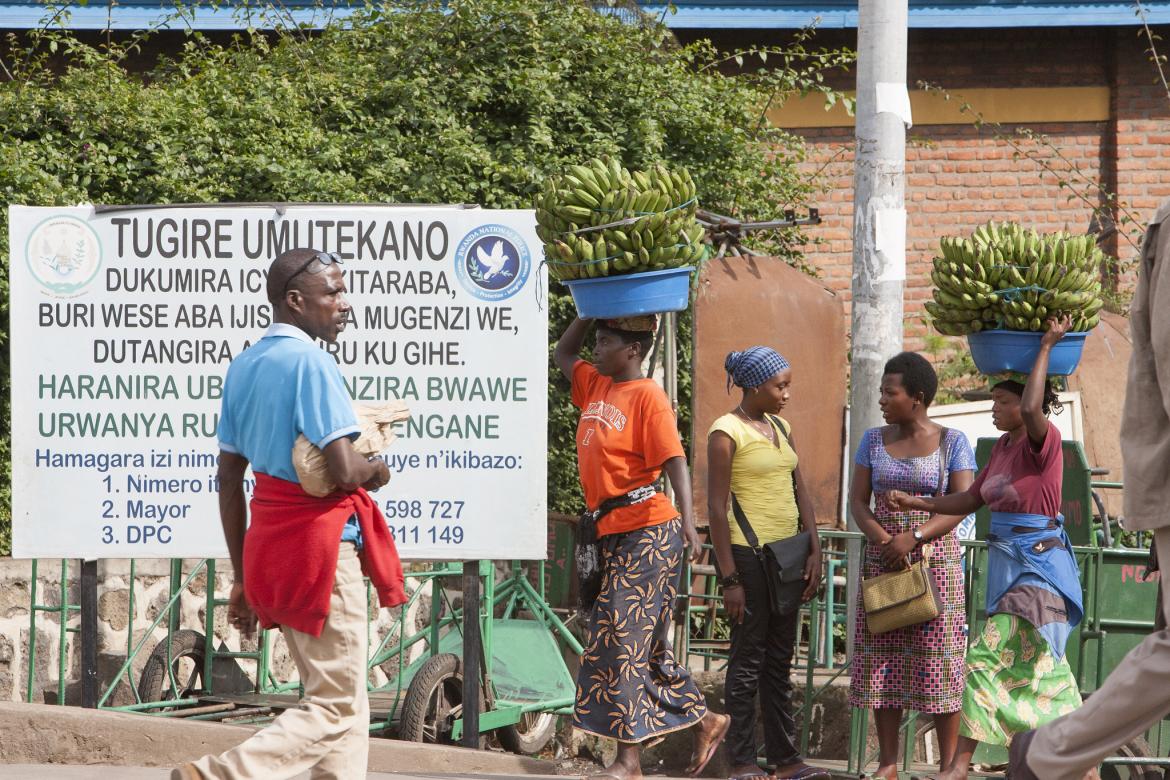
Published on:
Topics:
Country:
Rwanda is hosting the 4th Eastern and Southern Regional Conference on Microinsurance aimed at sharing insights on inclusive insurance business models and strategies, Rwanda's The New Times reports. National agricultural insurance schemes and weather index insurance pilots will be discussed as tools for making agricultural insurance accessible to smallholder farmers.

